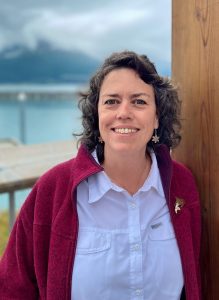
By Donna Schantz
Executive Director
Last year, the Council released a report titled, “Assessment of Risks and Safety Culture at Alyeska’s Valdez Marine Terminal.” This report was initiated in response to safety concerns brought to the Council by concerned current and former Alyeska employees. The main conclusion was that there currently is an unacceptable safety risk to the terminal.
The Council has been encouraged by Alyeska’s response to this report. We stand ready to support Alyeska, and state and federal regulatory agencies, in our role as an advisor.
One of the recommendations in the report was for Congress to initiate a review by the Government Accountability Office, or GAO, to determine the adequacy of the present regulatory oversight of terminal operations by federal and state agencies. The GAO reviews federal programs on behalf of Congress and provides fact-based, nonpartisan information to lawmakers and federal agencies that can be used to improve government.
The Council is pleased to report that members of Alaska’s Congressional Delegation have requested the review and a GAO review team has been formed. The GAO team has now started their review of the regulatory and safety oversight of the Trans Alaska Pipeline System, or TAPS, which includes the 800-mile pipeline and the Valdez Marine Terminal.
